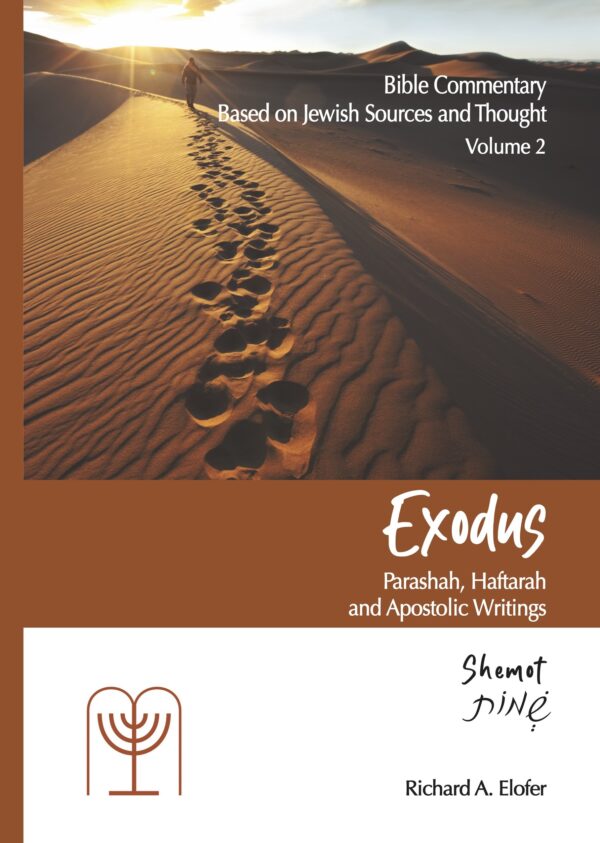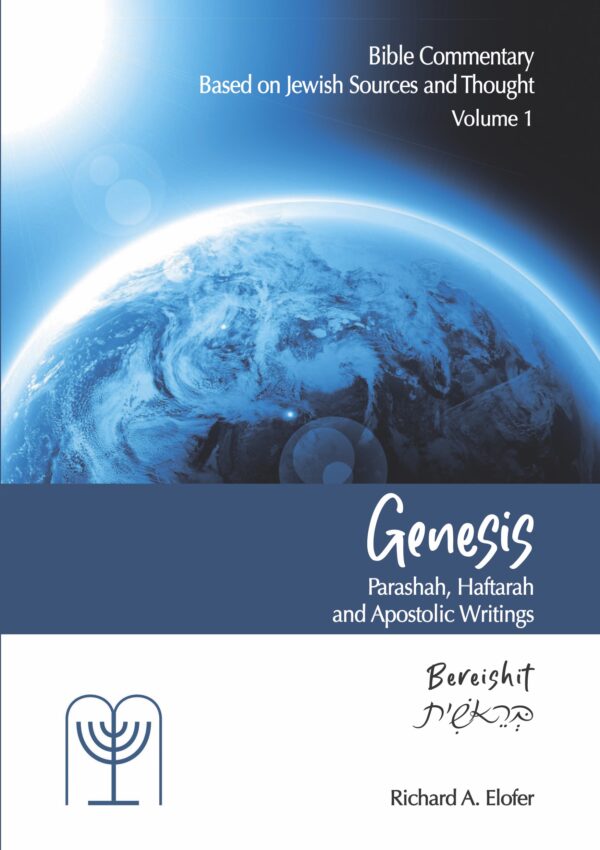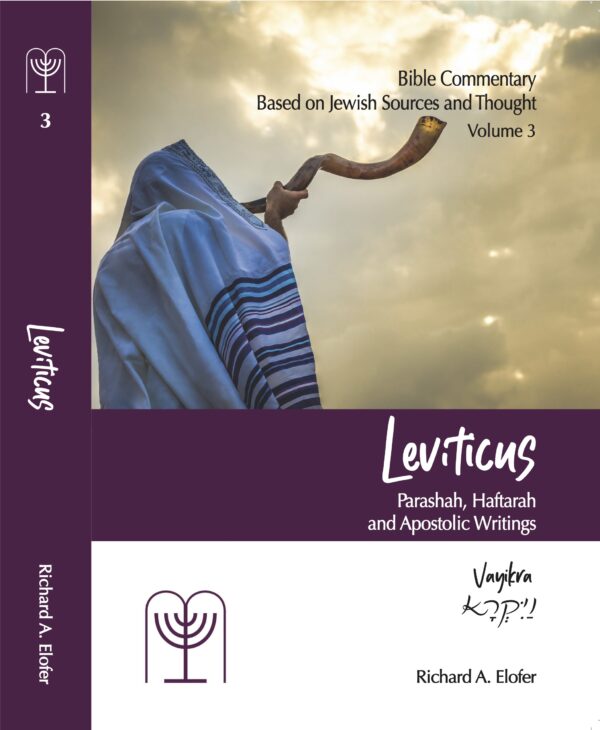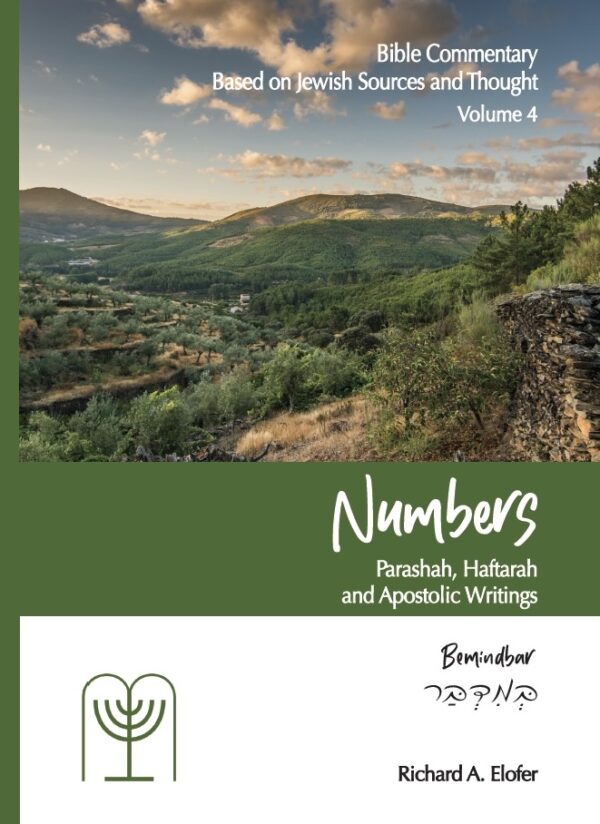Your cart is currently empty!
Welcome to the Two Olive Trees Publishing Website
Two Olive Trees Publishing is a publishing house dedicated to producing in-depth biblical commentaries, rooted in rabbinic tradition and enriched with a Jewish-Christian perspective. Our mission is to promote a deeper understanding of Scripture by highlighting the profound connections between Judaism and Christianity.
Our works explore the Torah and biblical texts, drawing on the commentaries of Israel’s sages while also reflecting on their significance within the Christian faith. We believe that dialogue between these two traditions enhances the richness of the sacred text and strengthens mutual understanding between Jews and Christians..

A journey through the Scriptures
Discover our mission to illuminate the Scriptures through rabbinic tradition and the Judeo-Christian heritage, enriching our collective understanding.



Promoting spiritual harmony
Explore our store, where unique books and exclusive offers enrich your spiritual journey.
Bestsellers
-
Bible Commentary: Deuteronomy
42.00 $ -
Bible Commentary: Exodus
37.00 $ -
Bible Commentary: Genesis
37.00 $ -
Bible Commentary: Leviticus
37.00 $ -
Bible Commentary: Numbers
37.00 $ -
Comfort, Comfort My People
Original price was: 25.00 $.10.00 $Current price is: 10.00 $.
Blog
Explore our blog to discover insightful articles, in-depth analyses, and inspiring resources to enhance your understanding.
-

The Importance of Jewish-Christian Dialogue in Understanding the Bible
For centuries, the Bible has been a foundational text for both Jews…
-

The Bible and Jewish-Christian Dialogue
The Bible, a cornerstone of both Judaism and Christianity, is a rich…
-

A Shared Heritage
The statement “Both Judaism and Christianity trace their roots to the Hebrew…
Rooted in Biblical tradition: Read our Bible Studies
Discover our key features.

Bible Studies
Explore the Bible like never before

New Perspectives
Dive into Jewish-Christian insights.
Ancient Wisdom
Illuminate the Scriptures through knowledge.
Spiritual Connection
Unite Traditions to Understand.

Dive into Biblical Treasures
Join us to deepen your understanding of Scripture and gain a unique perspective.






